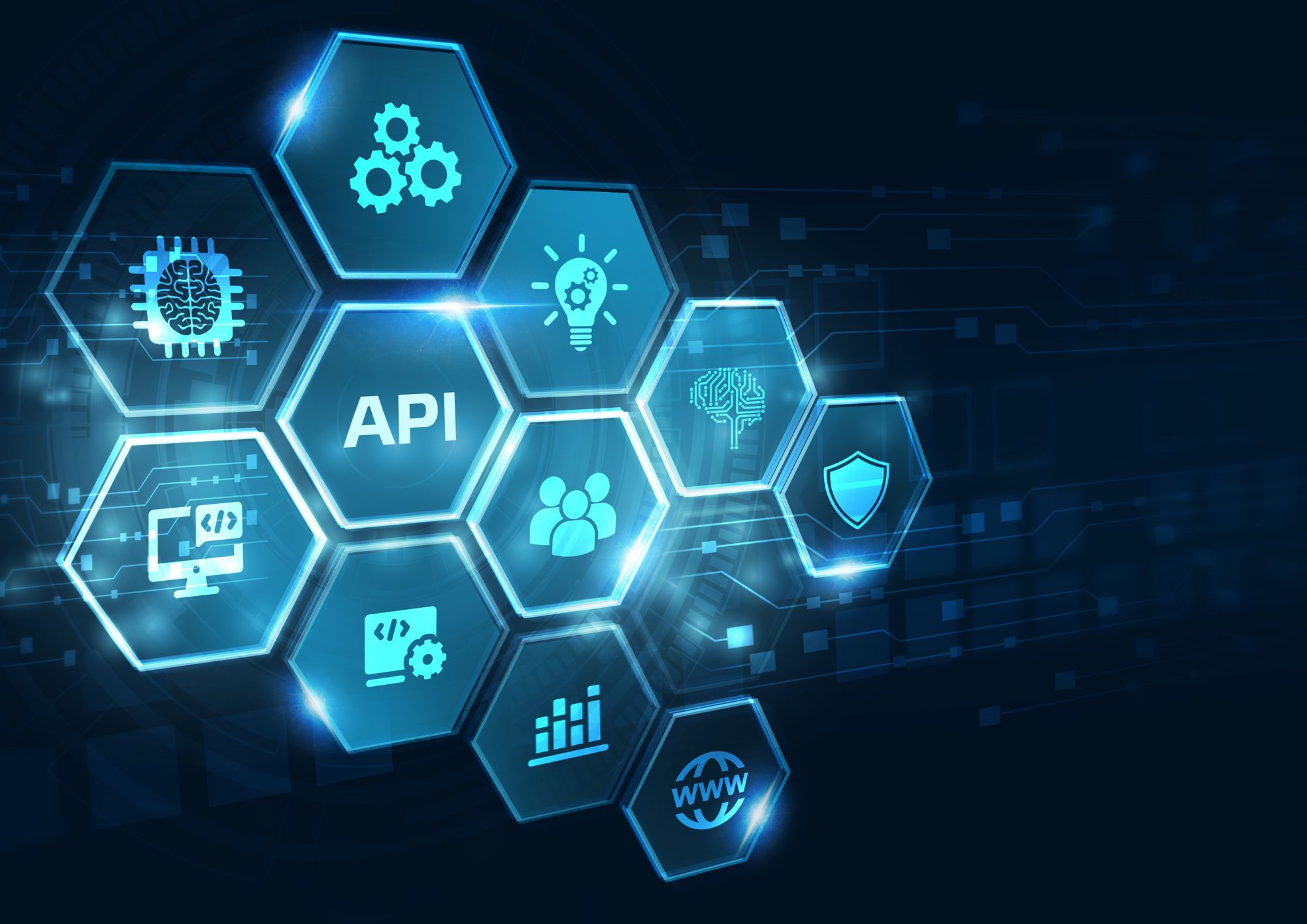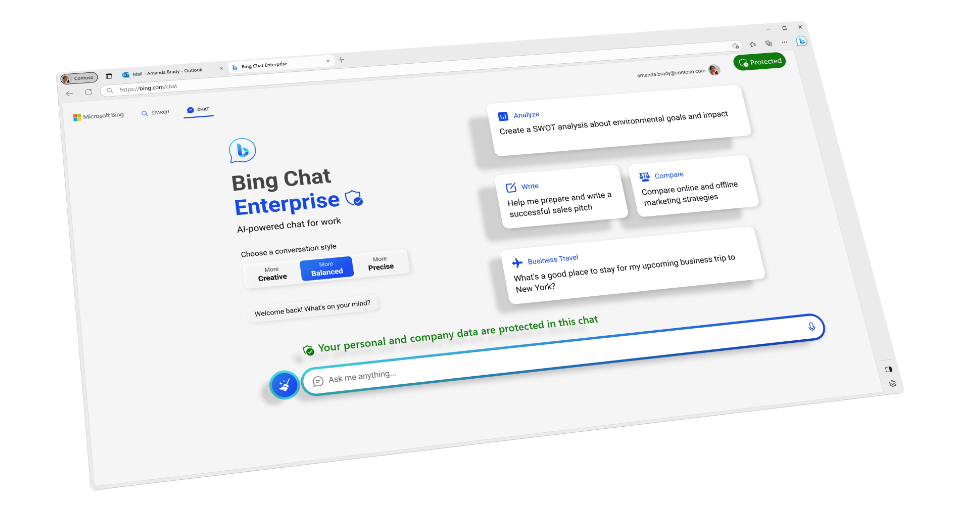Welcome to the future! 🚀
Today, we’re exploring the mind-boggling realm of cognitive computing, a subset of artificial intelligence that’s revolutionizing the way we live, work, and play.
Buckle up as we unveil seven curious applications of cognitive computing that you probably didn’t know about. 😲
Healthcare: Diagnosis and Treatment Personalization 👩⚕️
Cognitive computing is ushering in a new era of personalized medicine.
By leveraging artificial intelligence, machine learning, and natural language processing, it analyzes vast amounts of health data to generate personalized treatment plans.
IBM Watson, for instance, has been making waves by aiding oncologists in tailoring cancer treatments
Some interesting insights:
- Fact: According to a report by BIS Research, the global market for AI in healthcare is expected to reach $45.2 billion by 2026, with a compound annual growth rate of 44.9% from 2021 to 2026.
- Example: Deep Genomics, a Toronto-based company, combines AI and genomics to identify gene mutations and develop targeted therapies for genetic diseases. Their platform can analyze billions of data points to understand how specific genetic mutations affect protein functions and cause diseases.
- Insight: Cognitive computing has the potential to revolutionize personalized medicine by taking into account individual genetic, lifestyle, and environmental factors, enabling healthcare providers to deliver more precise and effective treatments tailored to each patient.
Agriculture: Precision Farming 🚜
The farming industry is getting a tech makeover, thanks to cognitive computing.
By analyzing data from drones, soil sensors, and weather stations, AI tools can provide precise recommendations for crop watering, fertilization, and harvesting.
For instance, John Deere’s Blue River Technology uses machine learning algorithms to identify and eliminate weeds, reducing the use of harmful pesticides. It’s like having a personal trainer for your crops! 🌾💪
- Fact: According to the United Nations, AI-driven precision agriculture could help increase crop yields by up to 30% while using 20% fewer resources.
- Example: The Climate Corporation’s Climate FieldView platform uses AI to analyze field data and provide farmers with actionable insights on planting, fertilizing, and harvesting strategies, helping them optimize their operations.
- Insight: Precision farming enabled by cognitive computing can lead to more sustainable agriculture practices, reducing waste and minimizing the environmental impact while increasing crop yields.
Finance: Risk Analysis and Fraud Detection 💰
In the financial sector, cognitive computing is enhancing risk analysis and fraud detection capabilities.
By processing vast amounts of transaction data, AI can identify suspicious patterns that might indicate fraudulent activity.
PayPal, for example, uses machine learning algorithms to detect fraudulent transactions in real-time. It’s like having a financial watchdog that never sleeps! 🐶🌙
- Fact: Juniper Research estimates that AI-powered fraud detection tools will save organizations around $12 billion annually by 2024.
- Example: JPMorgan Chase’s Contract Intelligence (COIN) platform uses AI to analyze legal documents and extract relevant information in a matter of seconds, reducing human error and saving thousands of work hours.
- Insight: Cognitive computing can help financial institutions better manage risks, reduce losses from fraud, and improve operational efficiency by automating time-consuming tasks and providing data-driven insights.
Customer Service: Virtual Assistants and Chatbots 📞
Cognitive computing is transforming customer service with AI-powered virtual assistants and chatbots.
These smart helpers can understand and respond to customer queries in natural language, providing round-the-clock support.
Take Apple’s Siri or Amazon’s Alexa, which make life easier by answering questions, setting reminders, and even telling jokes. Who knew customer service could be so entertaining? 😄💬
- Fact: Gartner predicts that by 2025, 40% of customer service interactions will be automated through AI and machine learning.
- Example: KLM Royal Dutch Airlines uses an AI-powered chatbot named BlueBot (BB) to handle customer inquiries, manage booking changes, and provide flight information, resulting in faster response times and higher customer satisfaction.
- Insight: Cognitive computing can greatly enhance customer service experiences by offering personalized, efficient, and accurate support, leading to better customer retention and loyalty.
Smart Cities: Urban Planning and Sustainability 🏙️
Cognitive computing is playing a crucial role in building smart, sustainable cities.
By analyzing traffic patterns, energy usage, and public transportation data, AI can inform better urban planning decisions.
Alphabet’s Sidewalk Labs, for example, uses AI to optimize traffic flow and reduce energy consumption in cities like Toronto. It’s like having a personal city planner! 🚗🍃
- Fact: McKinsey Global Institute predicts that by 2025, smart city applications could reduce greenhouse gas emissions by 10-15% and decrease traffic congestion by 15-20%.
- Example: Singapore’s Smart Nation initiative leverages cognitive computing to optimize public transportation, manage energy consumption, and enhance public safety through real-time data analysis and insights.
- Insight: AI-driven smart city solutions can greatly improve the quality of life for urban dwellers by promoting sustainability, reducing traffic congestion, and enhancing public services.
Robotics: Intelligent Automation 🤖
In the world of robotics, cognitive computing is enabling advanced automation and manufacturing processes.
AI-powered robots can analyze real-time data from sensors and cameras to adapt to changes and make independent decisions.
Companies like Boston Dynamics are creating robots that can learn new tasks and collaborate with humans. Now that’s what we call a dynamic duo! 👩🔧🤝🤖
- Fact: The International Federation of Robotics estimates that global sales of industrial robots will grow at an annual average rate of 12% between 2020 and 2023.
- Example: Ocado, a UK-based online supermarket, uses AI-powered robots in its warehouses to pick and pack groceries, dramatically reducing order processing times and improving order accuracy.
- Insight: Cognitive computing can enhance productivity and efficiency in various industries by enabling more advanced and collaborative robots that can learn, adapt, and work seamlessly alongside humans.
Entertainment: Personalized Recommendations and Content Creation 🎥
Cognitive computing is revolutionizing entertainment by providing personalized recommendations and even creating content. Services like Netflix and Spotify use machine learning algorithms to analyze users’ preferences and suggest movies, music, and shows tailored to their tastes. It’s like having a personal concierge for your entertainment! 🍿🎶
Moreover, AI is now capable of generating art, music, and even stories. OpenAI’s GPT-3, for example, can write articles, poetry, and even code, blurring the lines between human and machine creativity. Who knows, the next bestseller might just be written by an AI! 🎨📚
- Fact: According to a 2020 PwC report, AI-driven personalization in media and entertainment could help increase consumer spending on content by up to $20 billion annually.
- Example: AIVA (Artificial Intelligence Virtual Artist), an AI music composer, has been used to create soundtracks for films, commercials, and video games. It can analyze existing musical compositions and generate original pieces in various styles.
- Insight: Cognitive computing not only enhances the way we consume content through personalized recommendations but also expands the possibilities for creative expression by generating AI-produced music, art, and literature, opening up new avenues for artistic exploration and collaboration.
Summary
As you can see, cognitive computing is transforming industries and our daily lives in ways we could never have imagined. From healthcare to entertainment, these seven curious applications demonstrate the incredible potential of artificial intelligence.
So, keep your eyes peeled and embrace the exciting world of AI – the future is now! 🔮✨
Tags: cognitive computing, artificial intelligence, natural language processing, machine learning, data analysis, sentiment analysis, healthcare, finance, agriculture, robotics, customer service, virtual assistants, smart cities
Thank you for reading our blog, we hope you found the information provided helpful and informative. We invite you to follow and share this blog with your colleagues and friends if you found it useful.
Share your thoughts and ideas in the comments below. To get in touch with us, please send an email to contactus@bindspacetech.com.
You can also visit our website – Bindspace Technologies
FAQs
While both cognitive computing and traditional artificial intelligence (AI) involve the use of algorithms and computational models to process and analyze data, cognitive computing focuses on mimicking human-like thought processes and understanding.
It aims to replicate human-like decision-making by processing natural language, recognizing patterns, and learning from experience. Traditional AI, on the other hand, often focuses on specific tasks or problem-solving without attempting to replicate human cognition.
Cognitive computing enhances healthcare diagnostics by analyzing vast amounts of medical data, such as electronic health records, medical images, and scientific literature, to identify patterns and correlations that may be difficult for human experts to discern.
This allows for more accurate and timely diagnoses, as well as personalized treatment plans tailored to individual patients’ unique characteristics, such as genetic makeup and lifestyle factors.
Precision farming, enabled by cognitive computing, can lead to more sustainable agricultural practices by optimizing resource usage and reducing waste.
For instance, AI algorithms can analyze soil and weather data to determine the ideal amount of water, fertilizer, and pesticides required for optimal crop growth. This reduces the overuse of chemicals and water, minimizing the environmental impact and promoting better soil health.
While cognitive computing can greatly enhance customer service experiences through AI-powered virtual assistants and chatbots, it is unlikely to completely replace human representatives.
AI-driven customer service tools can handle routine queries and tasks efficiently, but human agents are still necessary for more complex issues or when empathy and emotional intelligence are required.
Cognitive computing should be seen as a complementary tool that allows customer service representatives to focus on more high-value tasks.
Smart cities leverage cognitive computing to analyze real-time data from various sources, such as traffic sensors, energy consumption meters, and public transportation systems.
This data-driven approach allows city planners to make informed decisions on infrastructure development, resource allocation, and public services.
Cognitive computing can help optimize traffic flow, reduce energy consumption, and enhance public safety, ultimately improving the quality of life for urban dwellers.
While AI-powered robots can automate certain tasks and improve productivity in manufacturing and other industries, they are unlikely to completely replace human workers.
Cognitive computing enables robots to learn, adapt, and collaborate with humans, but there are still tasks that require human creativity, problem-solving, and social skills.
Rather than replacing human workers, cognitive computing can augment their capabilities, allowing them to focus on more complex and high-value tasks.
AI-generated content, such as music, art, and written stories, showcases the creative potential of cognitive computing. However, AI-generated content is unlikely to replace human-created art entirely.
Instead, it can serve as a tool for artists, musicians, and writers to explore new ideas, styles, and techniques.
Cognitive computing can open up new avenues for artistic expression and collaboration, enhancing human creativity rather than replacing it.


